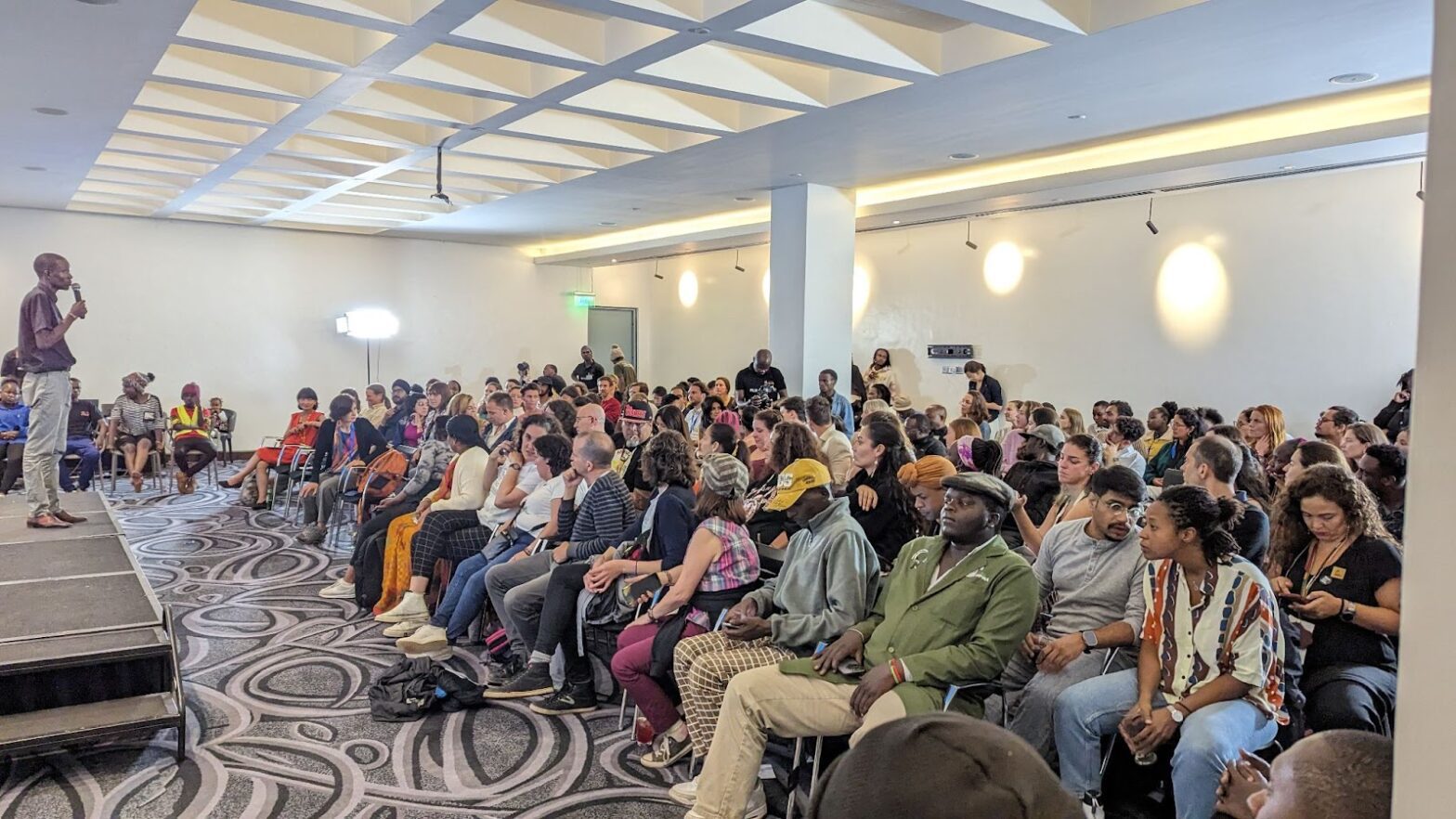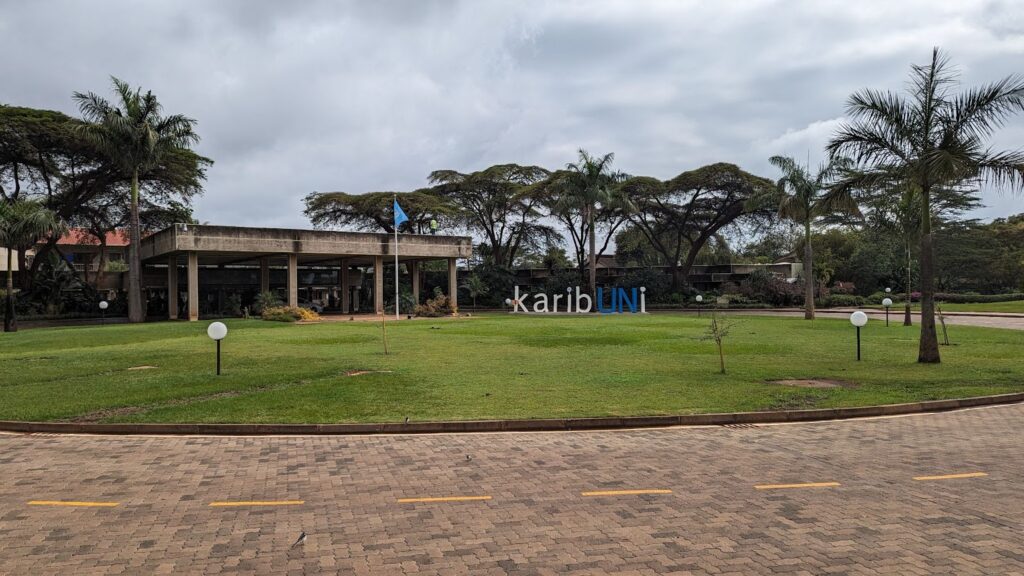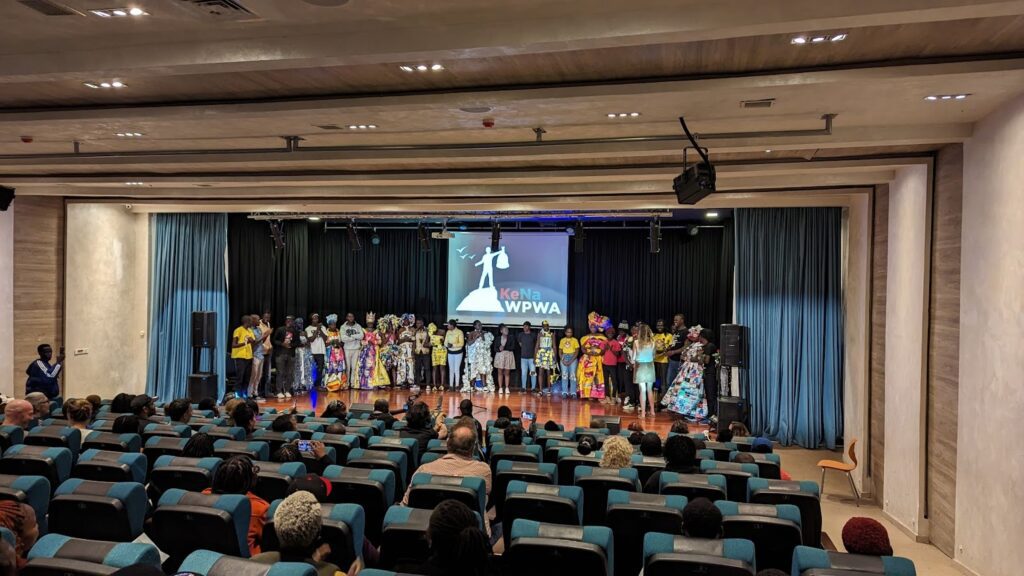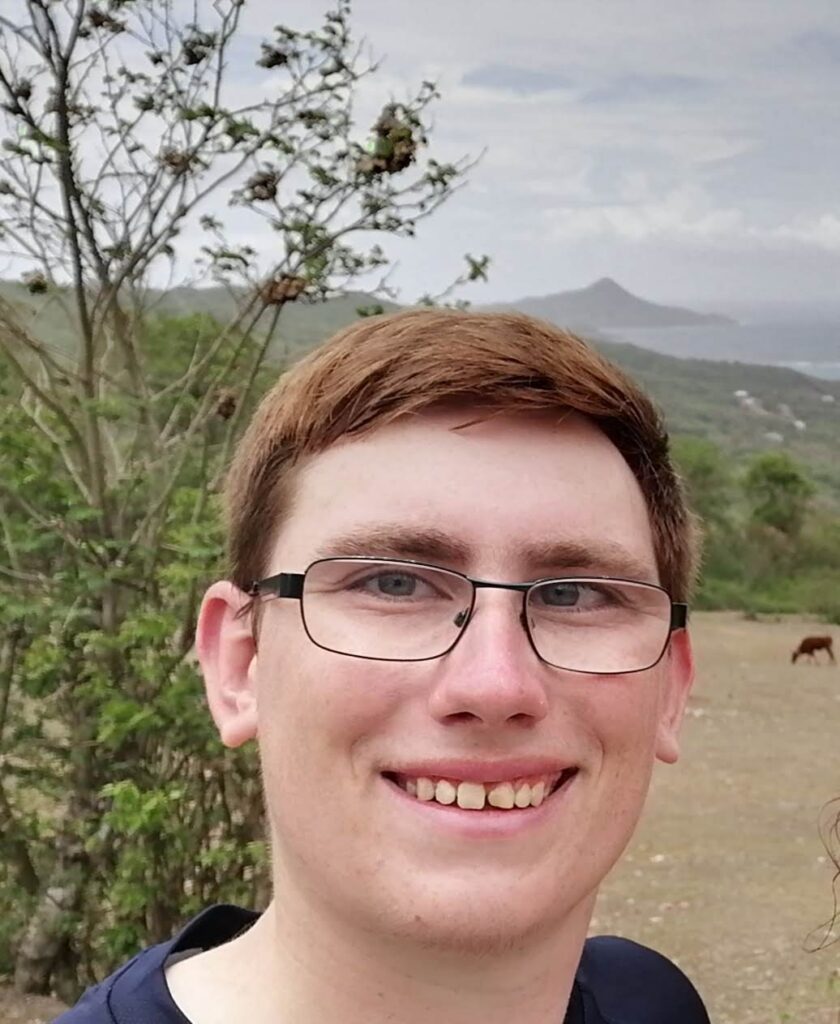INC-3 events kick off in force

INC-3 delegates in attendance at the closing night of Who Knows It Feels It: A Waste Picker’s Perspective for a Just Transition. Photo by Sam Winton.
Ahead of INC-3 negotiations commencing this morning, associated activities have kicked off in force over the weekend. Notably, a preparatory meeting, mandated by INC-2, was convened on Saturday. This was a wide ranging discussion based on the Information Document UNEP/PP/INC.3/INF/1, compiling member and observer submissions on elements not yet discussed at previous INCs.
The first part of the day focussed discussion on 4 key areas:
1. The potential scope of the Treaty
There was tension on whether further discussion of the scope is required. An overwhelming majority of speakers support the scope set out in resolution UNEP/EA.5/Res.14, calling for a ‘comprehensive approach addressing the full life cycle of plastic’ from resource extraction to end of life. Further, over 20 interventions from individual nations and groups of nations called for no further discussion of this issue to take place as the resolution is clear and does not need to be reopened. However, some nations seeking to limit the scope felt that the Treaty should only focus on plastic pollution and not include upstream measures. These arguments often stated that the treaty should not be interfering with international trade (of chemicals, polymers etc.), noting the role of the WTO.
2. What should be contained in the preamble of the Treaty
Some interventions felt that this should not be discussed until the substantive provisions are agreed. Other interventions requested many elements be included including reference to UNCLOS, the special status of SIDS and developing states, and other MEAs. Regarding definitions, again many members felt that this is too early to debate this topic. A large number of interventions supported the adoption of definitions agreed in other MEAs.
3. What the principles of the Treaty should be
On principles, a number of interventions felt that this discussion was premature before substantive provisions are agreed. Many interventions argued that the Rio Principles should be adopted. Regarding other principles, interventions broadly fell into 2 groups. A larger number of higher ambition members supported principles such as the right to health, just transition and the polluter pays principles, while a smaller group of lower ambition members supported principles such as the right to development, a bottom up approach and right to sovereignty.
4. What definitions should be included in the Treaty
Regarding definitions, again many members felt that this is too early to debate this topic. A large number of interventions supported the adoption of definitions agreed in other MEAs.

Institutional arrangements and compliance
The afternoon focussed on discussion of institutional arrangements for the treaty. Members were in broad agreement that a Conference of Parties should be convened as the Guiding body of the final Instrument, and that a number of subsidiary bodies should be convened. Recommended subsidiary bodies included a socioeconomic body, a science/technical body, and a financial body. There was also broad support for a secretariat to be formed to assist the COP, as common with other MEAs. On compliance there was no broad agreement of the mechanisms which should exist. A number of interventions noted that this conversation was premature. Others indicated that any compliance mechanism should be non-punitive, and resolved through negotiation where possible. Interventions on institutional elements of the Treaty included arguments for the Instrument to have mechanisms to be updated, adopt its own rules of procedure and include a robust financial mechanism.
Intersessional work
At the scheduled close of the meeting, the final agenda item on possible intersessional work had not yet been discussed. While members agreed to continue discussions into the evening, I was unable to remain for this discussion. Further information about discussions for this agenda item can be found in the co-facilitators written summary.

Who Knows It Feels It: A Waste Picker’s Perspective for a Just Transition
Away from the UNEP compound a large number of unofficial side events have been convened and I have been working with colleagues from the Kenyan National Waste Pickers Association, the Social Justice Travelling Theatre, University of Portsmouth and GRID-Arendal to support the delivery of a legislative theatre performance titled ‘Who Knows It Feels It: A Waste Picker’s Perspective for a Just Transition’ by a collection of local waste pickers. The performance shares the experiences of waste pickers and calls for a just transition. On Friday, an opening night saw an engaging performance given to a predominantly local audience. An extremely successful closing night on Sunday saw two performances with a combined audience of nearly 200, most of whom are delegates at this week’s negotiations. Hopefully those on national delegations reflect on the performance and keep the lessons in mind when negotiating the Treaty.
Author biography

Sam Winton is a postgraduate researcher who has worked in the Revolution Plastics team at the University of Portsmouth since its creation in 2020. Sam recently commenced a PhD ‘Exploring the development and outcomes of the global plastics treaty’ at the University of Portsmouth and the University of Surrey. Sam also works with the University of Portsmouth’s Global Plastics Policy Centre (GPPC) researching stakeholder views of the treaty process to date.
With a background in environmental hazards and community preparedness, Sam’s main research focus is working with communities and a broad range of stakeholders to tackle environmental challenges. He has also conducted work with international organisations with a view to creating policies to tackle the global plastics problem, and facilitate sustainable development.